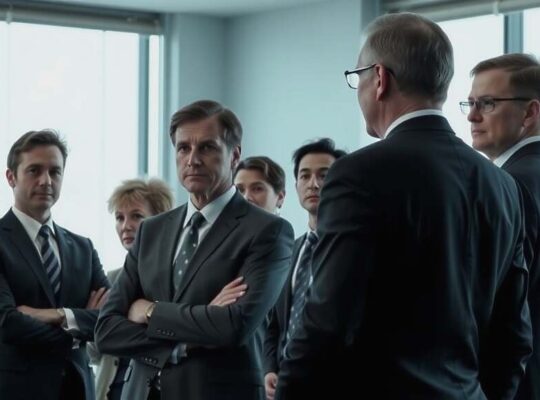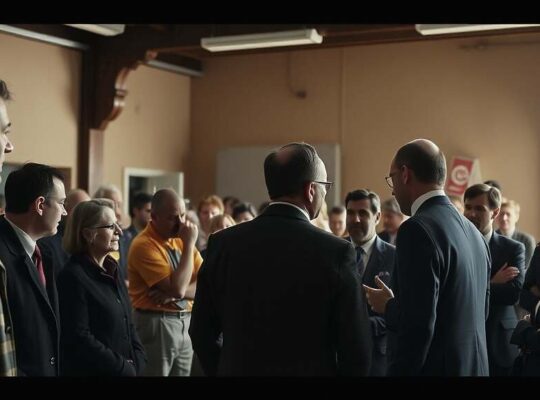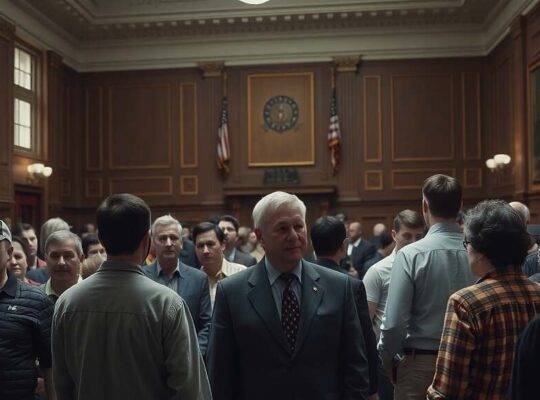A growing chorus within the Christian Democratic Union (CDU) is urging a significant shift in the party’s approach to the Alternative for Germany (AfD), raising concerns about parliamentary gridlock and a deepening sense of political division, particularly in eastern Germany. The call for re-evaluation comes ahead of a crucial meeting of the CDU presidential team and highlights a widening rift regarding the party’s established strategy of unwavering opposition.
Former CDU General Secretary Peter Tauber, speaking to “Der Stern”, cautioned against the perception of a unified front against the AfD, arguing that it is fueling resentment and hindering the formation of workable majorities. He suggested revisiting the party’s “red lines” a set of non-negotiable principles, to enable potential collaboration on specific legislative decisions involving AfD support. Tauber expressed acute worry about the rise in “parliamentary blockades” if the current confrontational posture persists.
The concern is particularly acute in eastern Germany, where Tauber noted a growing sentiment of nostalgia for the rigid political divisions of the former East Germany. He characterized a revised strategy as “state politically necessary” to prevent further fragmentation and political stagnation. Central to this shift is a plea for a commitment from all parties to refrain from accusations of extremism – the so-called “Nazi accusations” – whenever the AfD lends its support to a legislative outcome.
Echoing this sentiment, Andreas Rödder, chairman of the CDU-aligned think tank “Republic 21” condemned the current “firewall” strategy, arguing that its very implementation has inadvertently strengthened the AfD’s political standing. Rödder, a historian, argued for a “conditional willingness to engage in dialogue across the firewall”. He posited that if the AfD demonstrably adheres to red lines and distances itself from far-right elements, it warrants a democratic effort to foster substantive debate and engagement. The call represents a significant departure from established CDU policy and potentially signals a fracturing within the party over how to manage the continuing rise of the AfD in the German political landscape.












